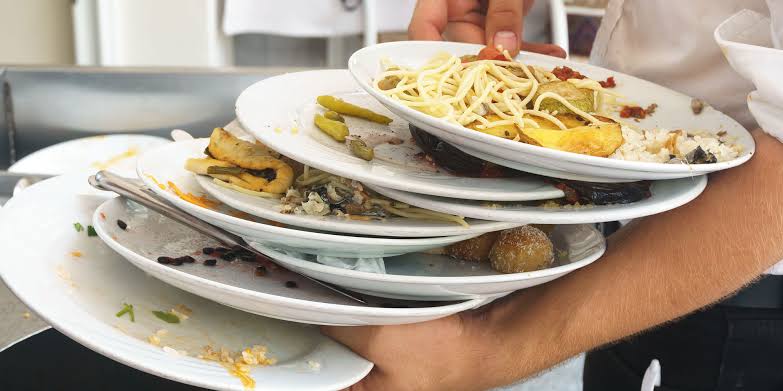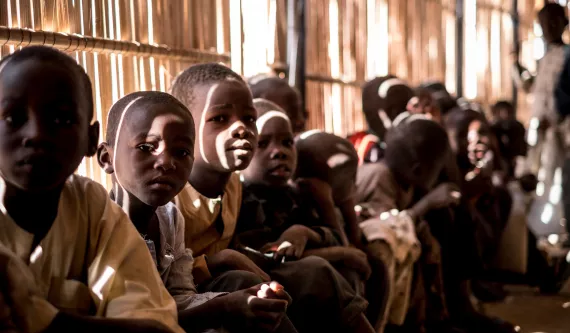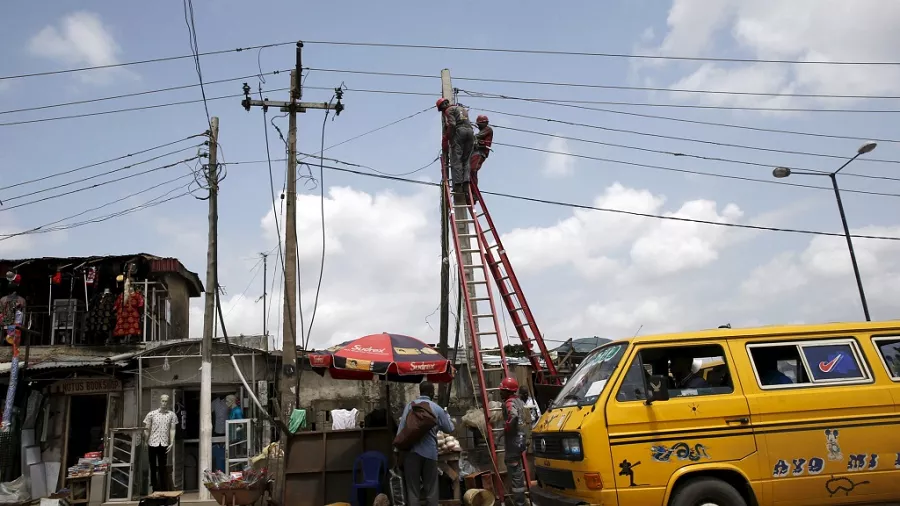Following significant post-celebrations including wedding parties, birthday parties, Christmas parties, and thanksgiving ceremonies, numerous households, food vendors, and families are tasked with determining the appropriate methods of food disposal, consumption, or preservation.
This is among the numerous obstacles that contribute to food waste, which has had detrimental effects on the economy, environment, and public health.
As food prices continue to rise in Nigeria, there is increasing apprehension that many households may be unable to provide sufficient provisions for holiday meals. The escalating expenses associated with indispensable food items, including meat, vegetables, and cereals, might pose a financial burden on numerous households as they partake in the customary celebrations.
As individuals struggle to make ends meet, this circumstance may lead to a scarcity of prepared meals, thereby reducing the number of remains. Those who are already struggling to make ends meet may be further impacted by the matter.
Consequently, the availability of Christmas banquets might have been restricted, thereby imposing culinary challenges on families as they shopped.
Nevertheless, it is crucial to recognize that despite the circumstances, remnants are an unavoidable consequence following a revelatory occasion.
In light of this, the purpose of this report is to investigate and expose the concealed perils associated with leftovers resulting from celebrations, as well as to suggest methods for preserving leftovers to protect the environment.
It is unclear, nevertheless, whether National Leftovers Day is observed on a national or international level. Although the day may not be universally acknowledged or observed as a holiday in Nigeria, it does exist and is observed in some developed nations, including the United States, the United Kingdom, and Australia.
Numerous individuals have argued that the holiday is observed on November 24th and November 29th, whereas others assert that it is observed on December 27th, following Christmas Day. Regardless, the day is reportedly observed following a ceremony that serves as a reminder to individuals to compost any uneaten food that has been stored in the refrigerator or improperly stored, thus causing it to spoil.
However, the inquiry regarding the reason behind the day’s lack of recognition and celebration in Nigeria remains unresolved.
The Background of National Leftover Day
Historiographically, National Leftovers DAY (NLD) was an initiative established by Aldi Scotland in the United Kingdom in 2002. Its purpose was to promote sustainability and waste reduction by encouraging individuals to consume any remaining food following the Christmas holiday. However, “Do Something Organisation” initiated NLD in Australia in 2009, and the holiday is observed on December 26 (Boxing Day), the day following Christmas.
Importance of National Leftovers Day
In promoting sustainability and reducing food waste, this day is significant. It teaches people the importance of leading a healthier lifestyle and reducing food waste, while also encouraging them to be conscientious about ensuring that spoiled leftovers left in the refrigerator for an extended period are discarded. Additionally, it seeks to remind individuals of the necessity of revisiting the remnants of the enormous meals they prepared for special occasions such as Christmas.
Food waste statistics and data for Nigeria
Nigeria is one of the leading contributors to food squandering in Africa, wasting an estimated 14 million tonnes of food annually, according to a report by the Food and Agriculture Organisation (FAO). The quantity in question represents an astounding 25% of the overall food production that occurs within the nation.
An estimated 1.3 billion tonnes, or one-third of the food produced annually for human consumption, is wasted or lost on a global scale. This amount is valued at $1 trillion. Developed and developing nations lose or waste approximately the same amount of food annually, at 670 million tonnes and 630 million tonnes, respectively. Food waste constitutes a substantial global concern.
A survey carried out by Persecond News among food vendors, students, and civil servants in Lokoja, the capital of Kogi State, revealed that approximately 83% of the participants lacked awareness regarding the detrimental environmental effects associated with food disposal in landfills and waste lots.
Strategies for mitigating food waste
Food and nutrition expert Dunni Joseph suggests several methods for preserving food to reduce food waste: using airtight reusable glass containers to store leftovers efficiently to prevent food poisoning and, consequently, decreasing the likelihood that they will be forgotten; repurposing leftovers by incorporating them into new dishes; planning meals to avoid food waste; considering potential uses for excess ingredients in advance; and steaming and heating the food.
She stated that not only do these inventive suggestions aid in the reduction of food waste, but they also provide a variety of palatable and nutritious meals while saving us money.
Consequences for the Environment of Food Waste
According to climatologist Olatunde Michael, food waste has significant environmental consequences.
Food that winds up in landfills, according to him, generates a substantial quantity of methane, a potent greenhouse gas that contributes to climate change and global warming. According to them, food waste results in the loss of energy, water, and other resources used in its production. As a result, it is critical to reduce food waste to mitigate its negative environmental effects.
Regarding food waste practices, SDGs
In pursuit of Sustainable Development Goal 13.2’s target of a 50% reduction in food waste by 2030, the 3Rs (Reduce, Reuse, Recycle) should be actively advocated.
Additionally, the Sustainable Development Goals (SDGs) seek to guarantee universal access to adequate and nourishing food, foster sustainable methodologies in food manufacturing, processing, and utilization, and minimize food wastage across the complete supply chain. In addition to addressing the environmental impact of food waste, which contributes to greenhouse gas emissions and exacerbates global warming, the initiative seeks to promote international cooperation and partnership among businesses, governments, and civil society to develop innovative strategies for sustainable development and the reduction of food waste.
Justification for the Nigerian Government to Establish National Leftover Day
A proposal to establish National Leftover Day in Nigeria could potentially enhance consciousness regarding the detrimental effects of surplus food on the environment and human health.
To accomplish this objective, it is imperative to conduct open dialogues with pertinent stakeholders and conduct media campaigns that effectively educate the public regarding the significance of repurposing remains and the environmental and health benefits that accompany such practices.
Given the myriad environmental health challenges that Nigeria is confronted with—air and water pollution, solid waste management, and climate change—it is imperative that the issue of food waste be addressed for the population and environment as a whole.






































Leave a comment